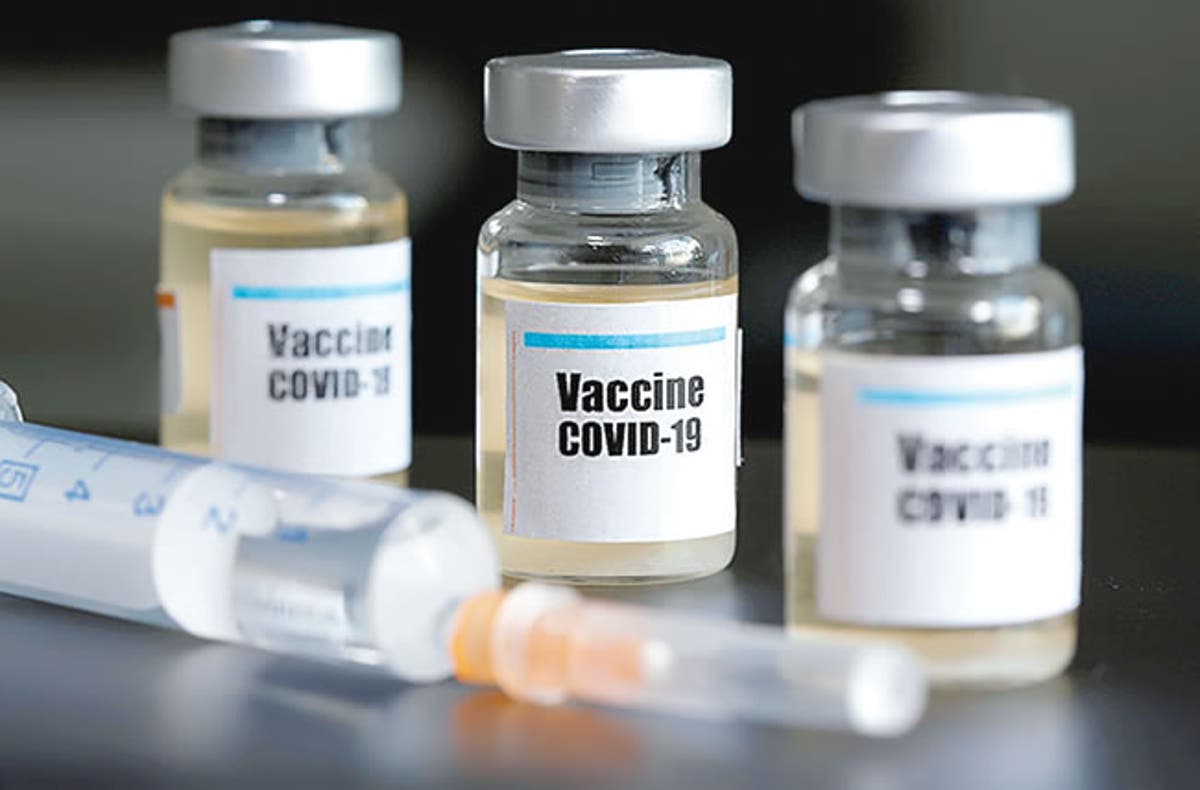A new global assessment of purchasing agreements for COVID-19 vaccines has revealed that high-income countries, as well as a few middle-income countries, are buying off available COVID-19 vaccines. This analysis released on Monday by the Duke Global Health Innovation Centre, means that despite their manufacturing capacity, rich countries have already purchased nearly 3.8 billion doses, with options for another five billion. It shows that many of these countries will be able to vaccinate their entire populations—and some many times over—before billions of people are vaccinated in low-income countries.

“An ambitious effort to create a global system of vaccine equity is being undermined as a handful of countries—including those who made a commitment to equality—secure as many doses as they possibly can,” said Elina Urli Hodges, MSPH, who leads the Center’s Launch and Scale Speedometer, an initiative that identifies impediments to delivering health innovations to low-income countries. “Countries are hedging bets by making direct deals while also participating in multilateral platforms, which drives inequality and threatens to prolong a global pandemic.”
The United States-based health and innovation centre noted that while other assessments have warned of potential inequalities in vaccine access, this new analysis is the first to carefully quantify the number of vaccine doses that are being claimed by country-level agreements and how this could delay access to COVID-19 protection across large regions—including sub-Saharan Africa—until almost the middle of the decade.
The Launch and Scale analysis revealed that while it will likely take three to four years to manufacture enough vaccines to cover the world’s population, nearly four billion doses of COVID-19 vaccine candidates are already part of bilateral advance purchasing deals involving mainly high-income countries, vaccine developers and global vaccine manufacturers. Another five billion doses are the subject of negotiations among these same parties that have yet to be finalized.
Meanwhile, the study found that only enough doses to cover 250 million people have been confirmed as purchased thus far by COVAX, a global effort involving both wealthy and poor countries that has promised equal access to COVID-19 vaccines globally, regardless of income levels.
In fact, the data reveal that several COVAX signatories, including the United Kingdom (UK), the European Union (EU) and Canada, are effectively undermining the pact by negotiating “side deals” for large vaccine shipments that will “result in a smaller piece of the pie available for equitable global allocation.”
Yet the analysis shows that not a single low-income country has made a direct agreement to purchase vaccines, suggesting that low-income countries will be limited to the COVAX pact to secure vaccines. For example, the researchers found that Ethiopia, Africa’s second-largest country, is counting on COVAX for enough vaccines to cover 20 per cent of its population and has no avenues to secure additional doses.
But overall, the research points to a dismal conclusion: that most people in low-income countries will be waiting until 2024 for COVID-19 vaccinations if high-income countries keep engaging in what some are calling “vaccinationalism.”
For example, there are estimates that to meet its goals of vaccinating at least 20 per cent of member countries, COVAX would need at least 1.14 billion doses of a single-dose vaccine and twice that amount for a two-dose regimen. Currently, most COVID-19 vaccine candidates require two doses.
“There are negotiations underway in which vaccine-rich countries would allocate doses purchased through advance market commitments to the COVAX effort after they have vaccinated a certain portion of their populations,” said Andrea Taylor, MSW, who led the analysis for the Launch and Scale initiative. “But there’s no requirement, and arguably little incentive to do so.”
Among middle-income countries, the Launch and Scale data show that Brazil and India—each of which have large vaccine manufacturing infrastructure—already have secured the rights to enough vaccines to cover about half of their populations and are negotiating additional deals. It also shows that some countries, such as Peru, are using their status as the site of COVID-19 vaccine trials to secure AMCs for vaccines—though Peru is also participating in COVAX to help cover its needs.
According to the analysis, the root problem is that finite global manufacturing capacity is colliding with wealth disparities and self-interest to create a zero-sum game where low-income countries simply can’t compete.
“High-income countries are making deals with major vaccine developers who are in turn reserving the lion’s share of the world’s manufacturing capacity to meet those commitments,” Taylor said. “We’re rapidly reaching the point where soon, even countries that have the finances to shop for vaccines will find there is no manufacturing capacity available to fill their needs.


